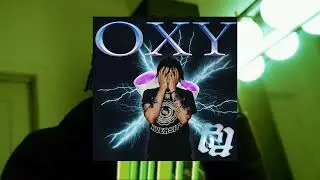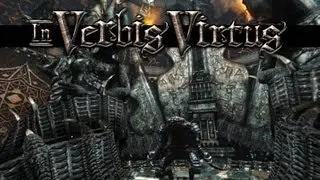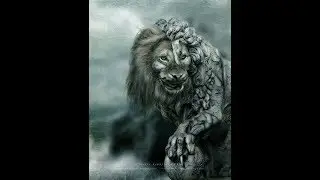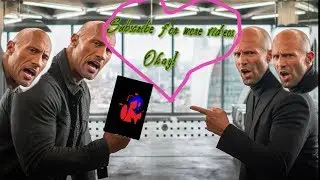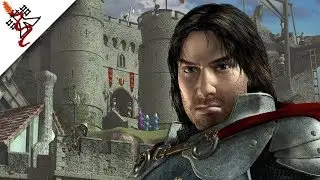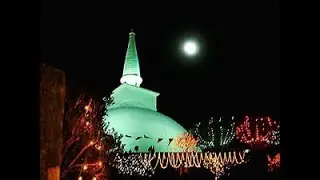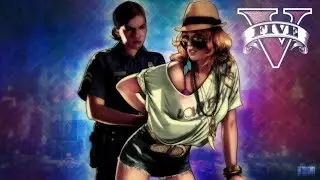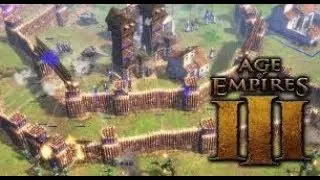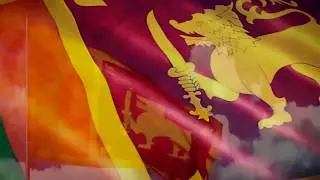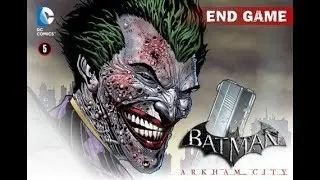The National day of Sri Lanka
Sri Lankan independence movement
Post-war unrest...(copied from wikipedia)
With the conclusion of the war against Germany, public pressure for the release of the detenus increased. On 30 May 1945 A. P. Jayasuriya moved a resolution in the State Council that the detained independence agitators be released unconditionally. This was passed, opposed only by two British nominated members. However, the detenus were only released on 24 June, after a two-day hunger strike. The released prisoners were hailed as heroes and given receptions throughout the country. The Left had emerged stronger than before the war, having earned tremendous prestige.
The repression during the war years had kept unrest under control but, with the relaxation of wartime restrictions, there was an eruption of popular anger. From September onwards, there was a wave of strikes in Colombo, on the tramways and in the harbour. In November the LSSP-led All Ceylon United Motor Workers' Union launched an island-wide bus strike, which was successful in spite of the arrest of N. M. Perera, Philip Gunawardena and other leaders.
The All-Ceylon Peasant Congress took action on the compulsory collection of rice by the government at 8 rupees per bushel. In some areas the farmers refused to give their rice to the Government and hundreds were charged in the courts. In 1946 the Congress organised a march on the State Council, which compelled the Ministers to drop the system of compulsory collection.
In October 1946 a strike of Government workers, including those in the railway, extended to the harbour, the gas company, and became a general strike. The authorities at first refused to negotiate, but finally the Acting Governor agreed to meet a deputation of the Government Workers’ Trade Union Federation. The adviser to the deputation, N. M. Perera was arrested by the police, but the workers refused to come to a settlement in his absence. In the end Perera was released and a settlement was reached.
However, some of the promises made by the Acting Governor were not honoured, and a second general strike broke out in May–June 1947. The Ceylon Defence Force was recalled from leave in order to aid the police in crushing this upsurge. V. Kandasamy of the Government Clerical Service Union was shot dead at Dematagoda, on the way to Kolonnawa after a strike meeting at Hyde Park, Colombo, when the police repeatedly fired on the crowd. The repression was successful in breaking the strike. However, it was set in stone for the British authorities that their position in the country was untenable. The Bombay Mutiny and other signs of unrest in the armed forces of India had already caused the British to start their retreat from that country. (copied from wikipedia)
It is now 71 years since the Republic of Sri Lanka has been liberated from the British Empire. We are happy in Sri Lanka about that.
Let all the world peoples live in peace!
Thank you.
TD.

